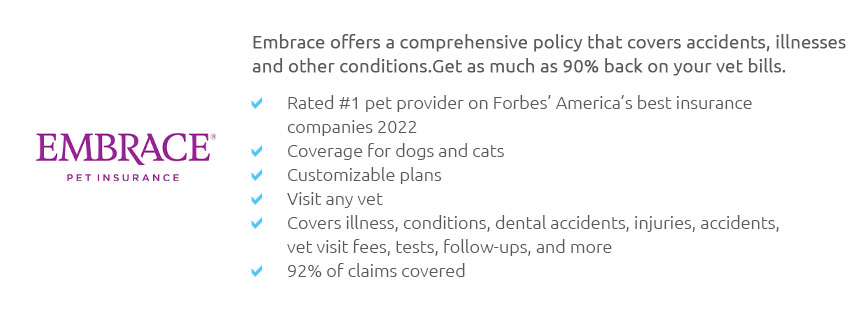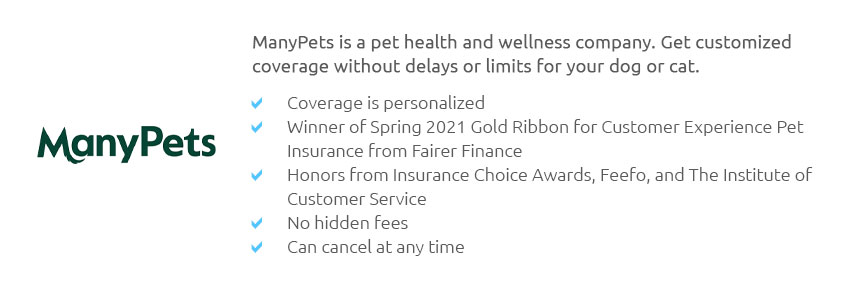 |
 |
 |
 |
 |
 |
|
 |
|
 |
|
 |
|
 |
|
 |
 |
 |
 |
 |
 |
 |
 |
Pet Insurance in Washington State: A Comprehensive AnalysisAs pet ownership continues to surge in the United States, particularly in Washington State, the conversation around pet insurance has become increasingly pertinent. With the lush landscapes and vibrant cities providing a perfect backdrop for a pet-friendly lifestyle, many Washingtonians find themselves considering whether pet insurance is a prudent investment. This article delves into the nuances of pet insurance in Washington State, exploring the benefits, drawbacks, and key considerations for pet owners. First and foremost, it's important to recognize the peace of mind that pet insurance can offer. Veterinary care, while essential, can often be an unexpected financial burden. In Washington, where the cost of living is notably higher than the national average, having a financial safety net for your pet's health expenses can alleviate significant stress. Imagine your furry friend encountering a sudden illness or accident; the comfort of knowing that insurance will cover a substantial portion of the bill is invaluable. However, it is equally crucial to weigh the costs associated with pet insurance. Premiums can vary widely based on factors such as the pet's breed, age, and overall health. For instance, insuring a young mixed-breed dog might be considerably less expensive than covering an older, purebred cat. In Washington State, where diverse weather conditions can influence the health of pets, these factors become even more significant. Some might argue that setting aside a dedicated savings account for pet emergencies could be a more financially sound strategy, especially for those with multiple pets. When navigating the myriad of options available, pet owners should also consider the specific coverage offered by different insurance plans. Policies can range from comprehensive coverage, which includes routine check-ups, vaccinations, and dental care, to accident-only plans that cater to unexpected injuries. Washington State's diverse topography, from mountainous regions to coastal areas, means that pet owners should consider geographic-specific risks when selecting coverage. For example, pets in rural areas may benefit from coverage that includes protection against encounters with wildlife.
Ultimately, the decision to invest in pet insurance in Washington State is a deeply personal one, influenced by individual circumstances and priorities. While some pet owners may prioritize comprehensive coverage to ensure their pet's health is never compromised by financial constraints, others may opt for a more frugal approach, relying on savings and preventive care. In conclusion, pet insurance can be a wise investment for many Washingtonians, offering a safeguard against the unpredictable nature of pet health. As with any insurance decision, thorough research and a clear understanding of one's own needs and financial situation are paramount. https://www.insurance.wa.gov/pet-insurance
Need more help? - Call us at 800-562-6900, 8 a.m. to 5 p.m., Monday - Friday - Live chat with us - Contact us to ask an insurance question. https://www.marketwatch.com/guides/pet-insurance/pet-insurance-washington-state/
The Best Pet Insurance in Washington - Lemonade: Our top pick - Embrace: Best for multiple pets - ASPCA Pet Health Insurance: Best for senior ... https://www.petinsurance.com/whats-covered/washington/
Get comprehensive pet insurance coverage in Washington. Protect your furry friend's health and save on vet bills with Nationwide. Explore our plans today!
|